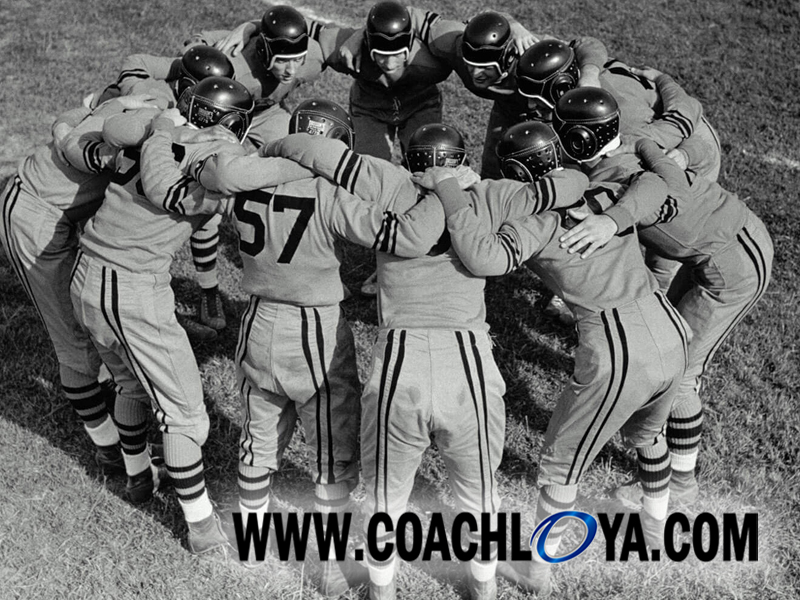Many of us find it challenging to look beyond our present. We get so caught up in the chaos of our lives that we find it hard to think about the next ten seconds, let alone the next ten years.
People who are driven don’t have that problem. They focus on the future. Good teammates possess the ability to look to the future. But good teammates also possess the ability to look back at and appreciate the past.
And not just their past, but their team’s past too.
Historian and Pulitzer Prize-winning author Arthur M. Schlesinger, Jr. said, “History is to the nation what memory is to the individual.”
Memory loss is both scary and sad. Regardless of whether the loss is caused by a traumatic accident or a medical condition like Alzheimer’s disease, witnessing individuals lose their memory is heartbreaking.
They are lost. They don’t where they are, nor where they are going, nor where they’ve been. This isn’t just a sad situation, it’s a potentially dangerous situation. Schlesinger was referring to the danger that can come from a nation who loses touch with it’s past—it’s history.
I generally make it a point to steer clear of polarizing issues like politics and religion in my blogs. The “Be a Good Teammate” message should be inclusive and never divisive.
Schlesinger’s quote may have some political overtones, but it also has relevance to the art of being a good teammate. And while I try to steer clear of politics, I also try to share good teammate lessons whenever possible. In this case, the “good teammate” lesson to be derived from Schlesinger’s quote outweighs its political nature.
Substitute the word “team” for “nation” in the quote, and we start to see the relevance. History is to the team what memory is to the individual.
Individuals need to know who they are, and so do teams. Good teammates appreciate the history of their team, and they make an effort to learn and embrace this history.
The idea that “those who don’t learn from the past are doomed to repeat it” is certainly one of the reasons good teammates choose to value their team’s history. They understand studying their team’s past is an opportunity to learn and grow. They discover what’s worked in the past and what hasn’t.
But good teammates additionally value their team’s history out of respect for those who came before them. By learning the history of their team, they pay homage to the former team members who helped pave the path they now travel.
They become bonded to those former team members. A bonded team is a connected team. And a connected team is a successful team.
How well do you know your team’s history? If the answer is not very well, then maybe its time to do a little research and start building a connection. Doing so may allow you to see that you might not yet be where you want to be, but you are no longer where you used to be. That’s called progress. And committing to making progress is caring.
One day, you may become the guardian of your team’s history, and it will be your obligation to share what you learned about your team’s past with the next generation. If you care about your team, you’ll take this responsibility seriously.
As always…Good teammates care. Good teammates share. Good teammates listen. Go be a good teammate.





Good one!!! Loved the message!!!
Glad you liked the message! Lot of truth in it.